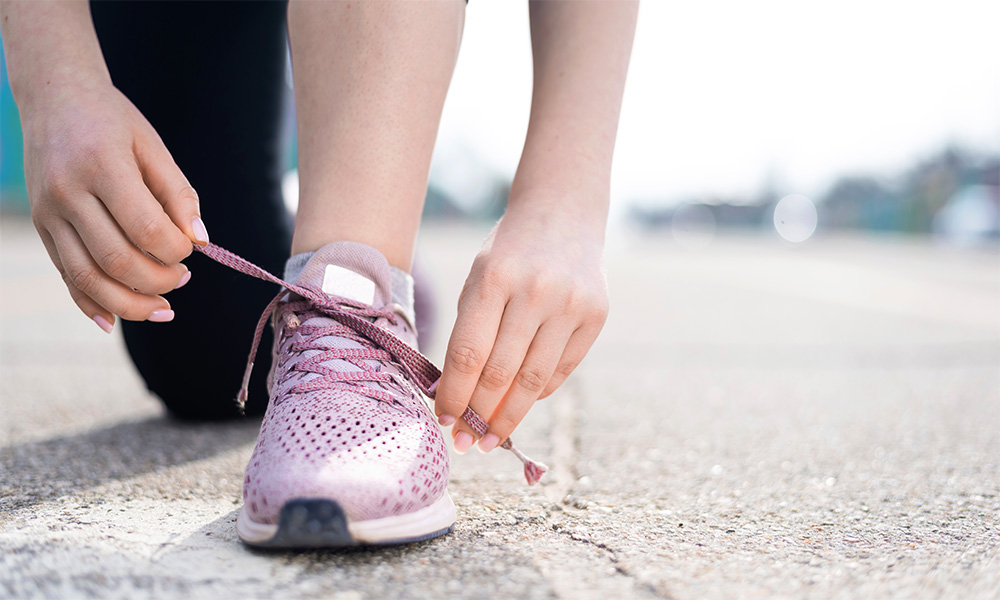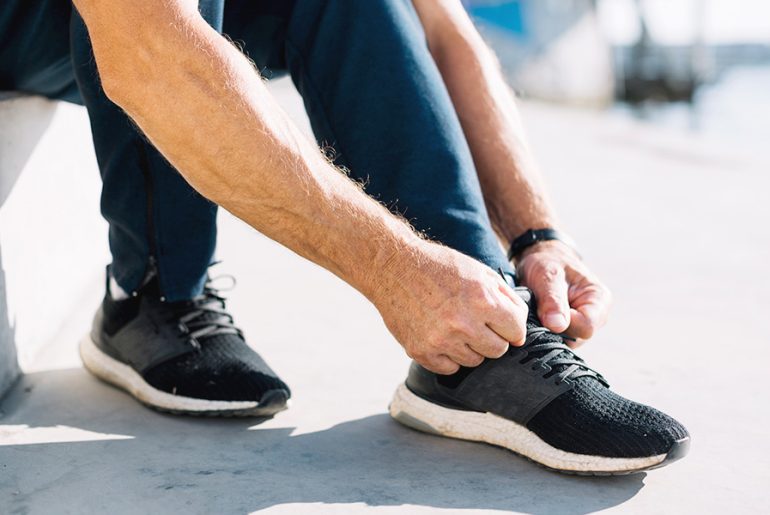When nerve damage affects your feet, choosing appropriate footwear becomes more than just a comfort preference it transforms into a health necessity. The best shoes for neuropathy can mean the difference between painful daily struggles and comfortable mobility. Selecting proper footwear helps protect vulnerable feet while reducing discomfort and maintaining an active lifestyle.
Nerve damage in the feet creates unique challenges that require specialized footwear solutions. Understanding these needs helps you make informed decisions about protecting and supporting your feet.
Why Neuropathy Changes Your Footwear Requirements
Peripheral nerve damage alters how your feet experience the world around them. Diminished sensation prevents you from detecting ill-fitting footwear that causes friction or uncomfortable contact points. Temperature sensitivity increases, balance becomes less stable, and your feet need extra protection from everyday hazards.
Regular footwear typically lacks the specific features needed for nerve-damaged feet. Standard footwear may lack adequate padding, create pressure points, or provide insufficient stability for those dealing with nerve-related foot issues.
Critical Elements Your Neuropathy Shoes Must Have
Maximum Comfort Through Advanced Padding
Exceptional cushioning technology stands as the foundation of quality neuropathy footwear. Look for multi-layer foam systems that absorb impact while providing responsive support. Memory foam insoles adapt to your unique foot shape, while gel padding offers additional shock absorption in high-pressure areas.
Quality padding extends beyond just thickness it requires strategic placement in the heel, arch, and forefoot regions where neuropathy symptoms typically concentrate.
Roomy Design for Sensitive Feet
Spacious interiors prevent compression that could worsen neuropathy symptoms. Extra width accommodates swelling that often accompanies nerve conditions, while extended toe boxes allow natural foot movement without restriction.
Proper sizing becomes critical when sensation is reduced. Shoes that feel comfortable initially might cause problems if they’re too tight, since you may not feel discomfort until damage occurs.
Smooth Internal Environment
Shoes with seamless inner design and soft materials eliminate rubbing that can irritate delicate foot skin. Soft linings made from moisture-wicking materials keep feet dry while reducing the risk of skin breakdown or irritation.
Different Shoe Types That Work Well for Neuropathy
Performance Walking Shoes
Modern athletic footwear offers some of the most advanced cushioning systems available. Running shoes designed for maximum comfort often translate well to neuropathy needs, providing excellent shock absorption and stability features.
Choose shoes that have thick padding in the sole, materials that let air flow through, and ways to tie them that offer good support without being too hard to use. Many athletic brands now incorporate medical-grade cushioning technologies originally developed for therapeutic applications.
Specialized Comfort Footwear
Brands focusing specifically on foot health create shoes with neuropathy sufferers in mind. These manufacturers know what sensitive feet need and build their products with those needs in mind.
Therapeutic shoe companies often provide removable insoles, allowing for custom orthotics when needed. Many models also feature adjustable straps or lacing systems that accommodate daily swelling variations.
Easy-Entry Options
Slip-on designs benefit those who struggle with balance or dexterity issues commonly associated with neuropathy. Elastic panels or stretchy materials offer a snug fit without the need for complicated lacing systems.
These shoes often incorporate stability features like wider bases and lower heel heights to improve balance and reduce fall risk.
Leading Manufacturers Creating Neuropathy-Friendly Shoes

Comfort-First Athletic Brands
Several major athletic companies have developed lines specifically addressing medical foot conditions. These shoes combine performance technology with therapeutic features, creating options suitable for both daily wear and light exercise.
Advanced cushioning systems in these shoes often exceed what traditional comfort shoes provide, making them excellent choices for those dealing with nerve pain.
Medical Footwear Specialists
Companies dedicated to therapeutic footwear understand the specific challenges neuropathy presents. These manufacturers focus on creating footwear that safeguards feet while addressing diverse medical foot concerns.
These specialists often work directly with medical professionals to develop features that address common neuropathy complications, including pressure sore prevention and balance support.
Adaptive Footwear Innovation
Newer companies focus on creating shoes for people with various physical challenges, including neuropathy. These innovative designs might include hands-free closure systems, extra-wide openings, and specialized support features.
Smart Shopping Strategies for Neuropathy Shoes
Professional Assessment Benefits
Working with footwear specialists or podiatrists provides valuable guidance when selecting neuropathy shoes. These professionals can assess your specific needs and recommend appropriate features based on your condition’s severity and symptoms.
Professional fitting services become especially important when sensation is reduced, as you might not accurately judge fit through feel alone.
Timing Your Purchase
Shop for shoes later in the day when your feet have naturally expanded to their largest size. This timing helps ensure adequate room for daily swelling that commonly affects neuropathy sufferers.
Break-In Process Modifications
Start by wearing new footwear in brief intervals, checking your feet regularly for redness or discomfort spots. Since reduced sensation might mask problems, visual inspection becomes crucial during the adjustment period.
Maximizing Your Investment in Quality Footwear
Multiple Pair Strategy
Having several pairs of appropriate shoes allows rotation, preventing any single pair from wearing out quickly while giving your feet variety in support and pressure distribution.
Different activities may require different features, so having options for various situations improve both comfort and foot health.
Maintenance for Longevity
Proper care extends shoe life while maintaining their protective and supportive qualities. Regular cleaning, appropriate storage, and timely replacement of worn components keep your investment working effectively.
Conclusion
Choosing the best shoes for neuropathy means paying attention to comfort, safety, and how well they fit. Focus on well-padded shoes with roomy construction and seamless linings from trusted brands specializing in therapeutic footwear. Professional guidance and careful selection can dramatically improve your daily comfort and foot safety.





